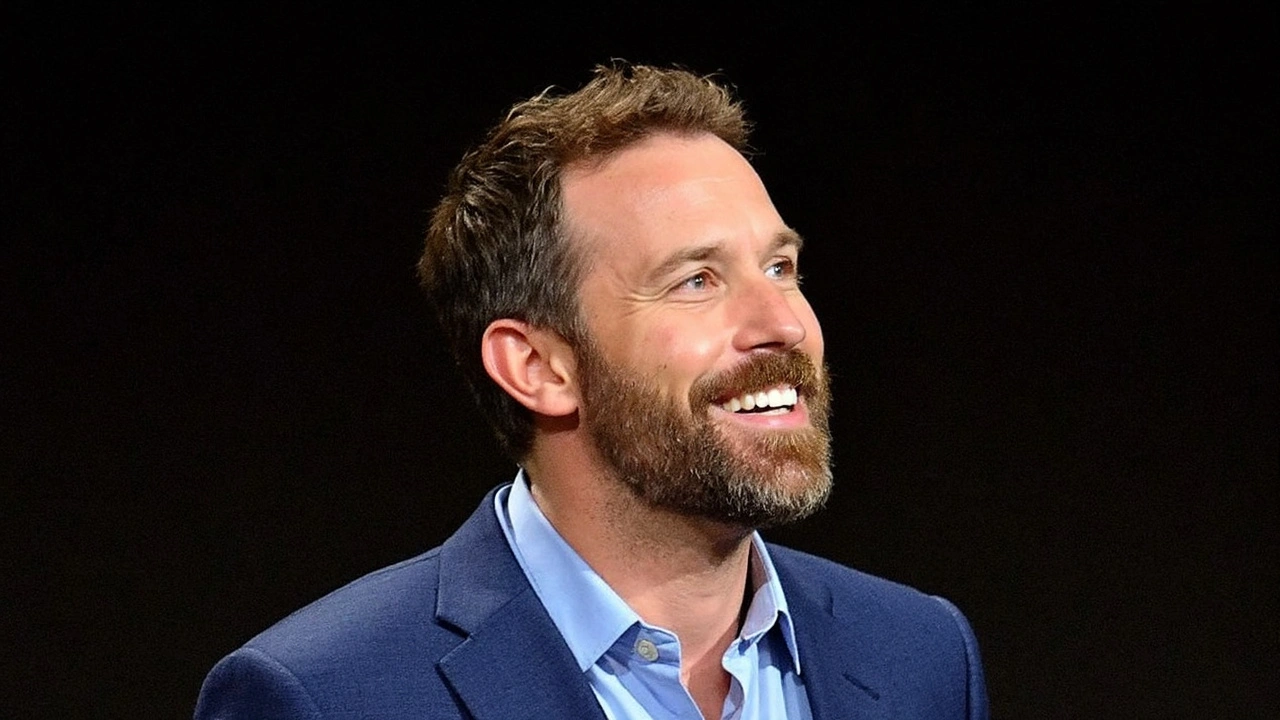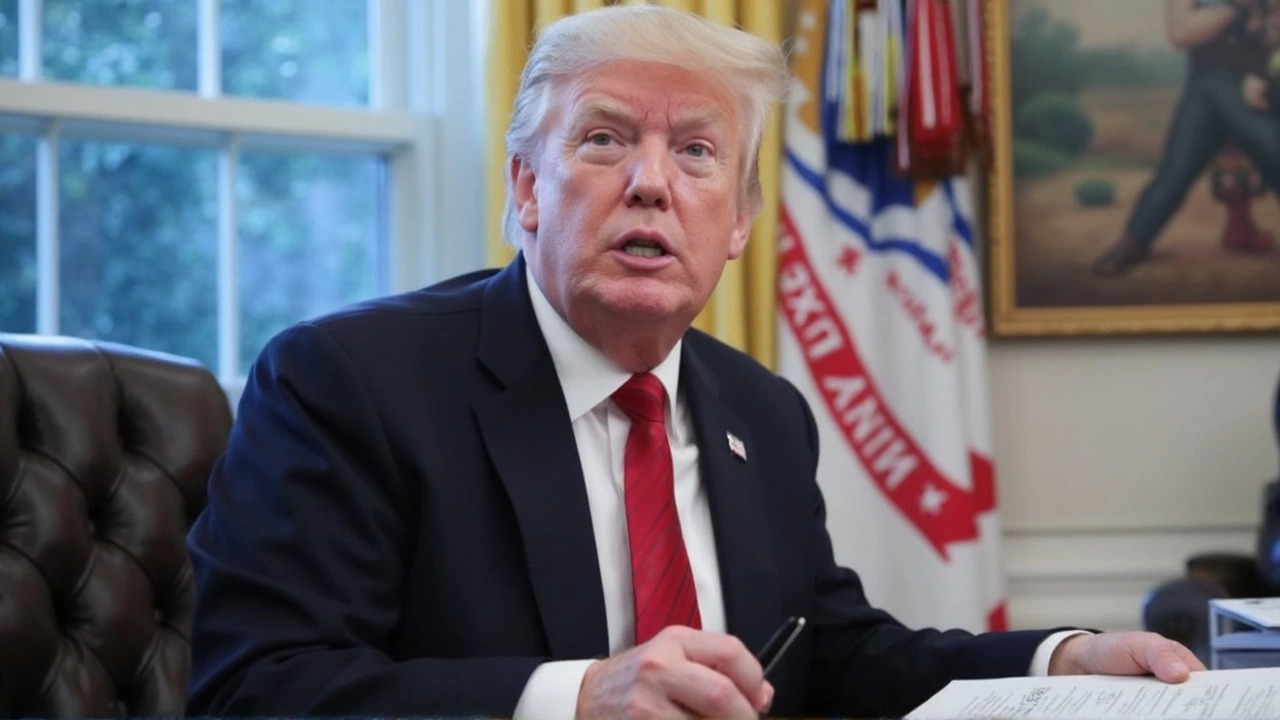Trump Tariffs: An Indirect Hit to Hollywood
While President Donald Trump's newly announced tariffs aren't aimed directly at the heart of Hollywood, they cast a looming shadow over the industry. You see, it's not the direct impact; most media and entertainment companies aren't on the frontline here. The concern lies in the broader economic tremors that might follow, shaking consumer confidence and spending. If folks start tightening their belts, Hollywood's glitz could lose its sparkle.
Analysts have been waving a red flag, warning that a recession sparked by these tariffs could deliver a heavy blow to the entertainment world. Matthew Dolgin, a senior equity analyst at Morningstar, pointed out that while tech giants like Apple might feel the pinch directly, it's the chain reaction that's got everyone worried. If the economy dips, ad budgets are likely to shrink, and what do people cut first when the purse strings tighten? Leisure and entertainment—which means Hollywood.
The ripples of these tariffs have already sent shudders through financial markets. The S&P 500 took a 4.8% nosedive, and the Nasdaq wasn't far behind, sliding by 6%. For context, these are the steepest drops we've seen since 2020, and that's saying something. These tariffs are dubbed the 'widest sweeping tariff regime' ever, and they're threatening key trade ports, especially Los Angeles. With these ports taking care of a whopping 77% of U.S. toy imports, a predicted 10% drop in cargo volume is no small matter.

Economic Ripples and Hollywood's Standing
Gene Seroka, who's at the helm of the Port of Los Angeles, sounded the warning bells, too. When there's a dip in container traffic, it’s more than just numbers—it means fewer jobs in logistics, transportation, and manufacturing. You might be wondering why this matters to Hollywood, right? Well, it's all connected. Less spending power among consumers means less spent on entertainment, and that spells trouble for Tinseltown.
Proponents of the tariffs argue they're about leveling the playing field for American workers. They've seen some wins in the steel and aluminum sectors as proof. But critics aren't convinced, and they're not quiet about it either. The fear is these tariffs could spark a trade war that wouldn’t end well. Moody's Analytics chief economist, Mark Zandi, sounded a pretty ominous note. Recession, he predicts, seems a more likely consequence than any manufacturing boom.
It’s a mixed bag, though. Industries like California wine might find a silver lining with less competition from overseas. Yet, for many, prices could skyrocket, especially for toys and electronics—up 50% in some cases. And, while there's talk of ceremonial investment announcements, like the $20 billion U.S. investments by French shipping firm CMA CGM, the reality is inflationary impacts are as immediate as they are unsettling. Any job gains? That's another story, likely years away, says cautious economists.
The tariffs hit imports like cars and light trucks, and there's a nod towards negotiation tactics with players like China and the EU. Still, whatever the intent, the real-world effects are what Hollywood and the economy are feeling keenly. The entertainment sector, so integral to consumer discretionary spending, braces for impact as these tariffs shake the economic landscape.


bob wang
Esteemed colleagues, the recent tariff announcement, while ostensibly targeting select industries, inevitably engenders a cascade of macro‑economic repercussions; consequently, the entertainment sector may encounter attenuated consumer discretionary spending. It is incumbent upon us to scrutinize the ancillary effects on ancillary markets, such as logistics and retail, which underpin Hollywood’s revenue streams. Moreover, the projected contraction in advertising budgets warrants vigilant monitoring. One might anticipate a modest deceleration in box‑office receipts, albeit with potential mitigation via streaming platforms. Let us remain circumspect and prepared for volatility. 🙂